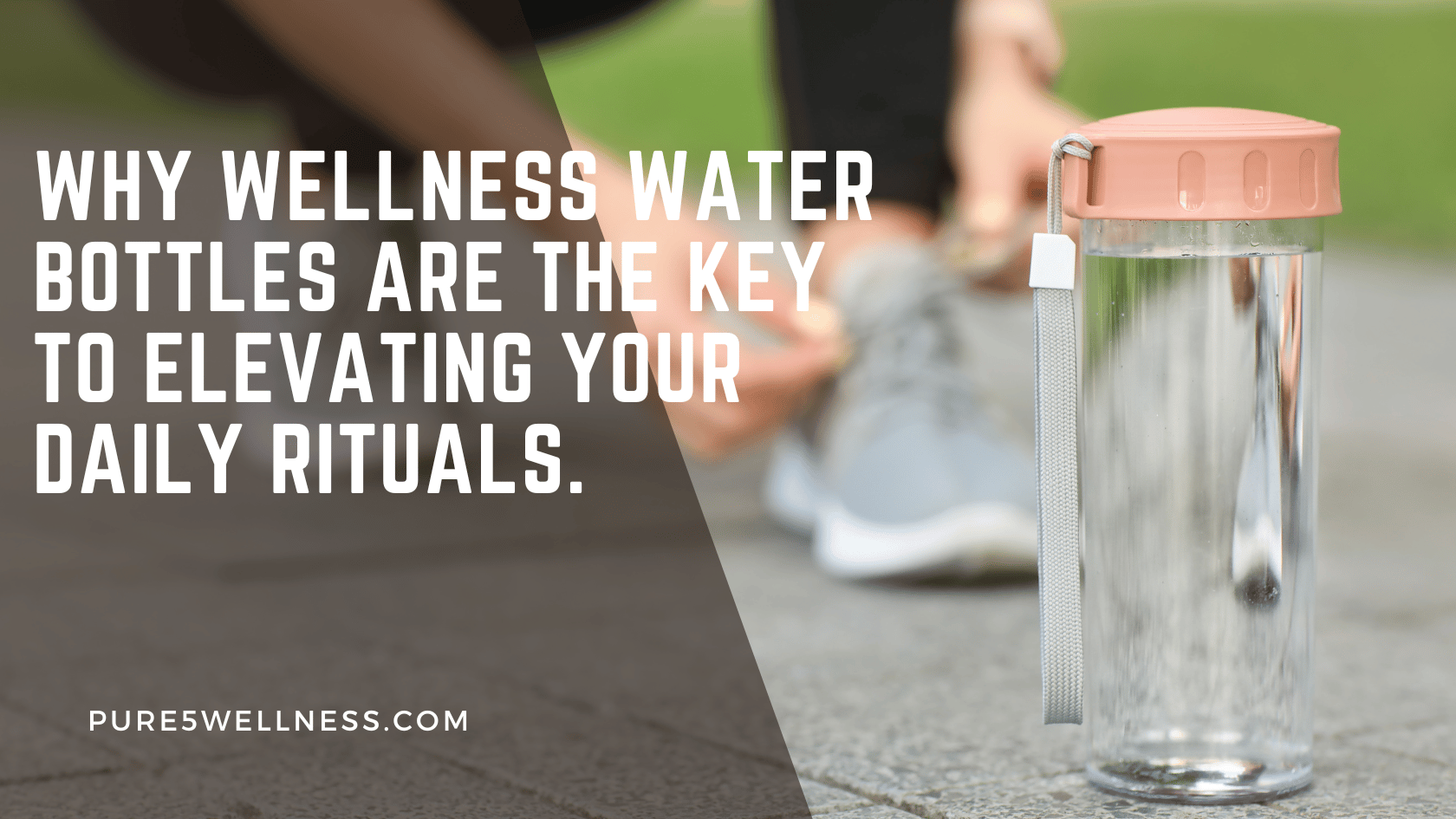Addiction can be a cunning adversary, often woven so subtly into our lives that we don’t realize its grip until we struggle to break free. Whether it’s a cigarette you can’t put down, the endless scroll on social media, alcohol, drugs, or even procrastination – these habits can have profound impacts on our health, relationships, and quality of life. But there’s hope. Through understanding, strategies, support, and personal resolve, change is possible.
Our daily habits paint the canvas of our lives. Some strokes contribute to a vibrant picture of health and productivity, while others—addictive habits—can shroud our potential in shades of gray. This blog aims to shed light on how to transition from addiction to action, detailing practical tactics for breaking away from 20 of the most common unhealthy habits.
Habit 1: Procrastination
Understanding the Root Causes
Delaying tasks might seem innocuous, but when chronic, it can affect our mental health and stymie personal growth. The causes often lie in fear of failure, perfectionism, or lack of motivation.
Strategies to Overcome Procrastination
- Break tasks into manageable chunks.
- Establish clear deadlines.
- Cultivate discipline over motivation.
- Employ the ‘Pomodoro Technique’: Work for a specified time (e.g., 25 minutes), then take a short break (5 minutes), and repeat the cycle. Longer breaks are allowed after four cycles.
- Use tools and apps that help in better time management and distraction blocking.
- Set realistic goals and reward yourself upon accomplishing them.
- Practice mindfulness and stress management techniques to enhance focus.
- Surround yourself with motivated individuals or seek a mentor for guidance and motivation.
Habit 2: Smoking

Health Risks and Addiction
Smoking is renowned for its perilous effects on health. It’s not just a bad habit; it’s an addiction to nicotine, a potent and mood-altering drug.
Approaches to Quit Smoking
- Nicotine replacement therapy.
- Prescription medications.
- Support groups and dedicated apps.
- Counseling and psychological interventions, such as cognitive-behavioral therapy.
- Alternative therapies like acupuncture or hypnotherapy.
Habit 3: Overeating

Emotional Eating and the Importance of Mindful Eating
Often, we eat not just for hunger, but to fill emotional voids, leading to overeating. Recognizing this pattern is the first step to change.
Tips for Developing a Healthy Relationship with Food
- Mindful eating strategies.
- Keeping a food diary.
- Eating balanced meals regularly.
- Include a variety of fruits, vegetables, whole grains, and lean proteins in your diet.
- Pay attention to portion sizes.
- Practice stress management techniques and find healthy ways to cope with emotions.
Seeking Help and Finding Healthier Coping Mechanisms

Breaking free from addictive habits often requires more than personal resolve; it necessitates external support and healthier coping mechanisms.
Seeking Professional Help
Don’t hesitate to seek professional guidance when struggling with addiction. Therapists, counselors, and support groups can provide invaluable help. They offer a safe space to explore root causes of addiction and learn coping strategies. They pay attention to your individual needs and tailor treatments accordingly.
Developing Healthier Coping Mechanisms
Besides professional help, developing healthier coping mechanisms is vital. Here are some strategies:
- Physical Exercise: Regular physical activity can reduce cravings and anxiety. It can also boost your mood and distract you from addictive behaviors.
- Meditation and Mindfulness: These practices can enhance your emotional resilience and help you better understand your cravings instead of impulsively responding to them.
- Hobbies and Interests: Pursuing hobbies or interests can divert your focus and energy from addictive habits.
- Social Support: Surround yourself with supportive friends and family. They can encourage your progress and help you stay on track. Joining support groups can also be beneficial for sharing experiences and overcoming challenges together.
Habit 4: Alcohol
Recognizing Signs of Alcohol Addiction
It’s vital to distinguish between casual drinking and dependency. Recognizing behavioral signs of alcohol addiction is critical for seeking necessary help.
Seeking Help and Finding Healthier Coping Mechanisms
- Professional counseling.
- Rehabilitation programs.
- Developing healthy stress-relief habits.
Habit 5: Smartphone Addiction
The Addictive Nature of Technology
Today’s technology is designed to hook us. The dopamine hit with every notification keeps us coming back for more. But this obsession can lead to negative consequences, such as decreased productivity and social interactions.
Strategies for Managing Smartphone Use
- Establish boundaries for screen time.
- Turn off notifications or use ‘Do Not Disturb’ mode during specific times of the day.
- Uninstall addictive apps or limit usage with app timers.
- Designate “tech-free zones” in your home or workplace.
- Practice mindfulness and be intentional about your smartphone usage.
Habit 6: Drugs
Understanding the Dangers of Drug Addiction
Drug addiction is a severe and often life-threatening issue that can ravage lives and disrupt communities. It’s crucial to understand the dangers and consequences of drug abuse.
Approaches to Overcome Drug Addiction
- Seeking professional help, such as therapy or rehabilitation programs.
- Building a support system and avoiding triggers that can lead to relapse.
- Finding healthy substitutes for drugs, such as exercise or creative outlets.
- Developing coping strategies for dealing with stress and negative emotions
Resources for Recovery and Support
- Local community resources like AA or NA meetings.
- Inpatient or outpatient therapy.
- Addiction helplines.
- Online support groups.
Habit 7: Nail Biting
The Impact on Physical and Mental Health
Nail biting, also known as onychophagia, can cause damage to the nails and surrounding skin, leading to infections and scarring. It’s also linked to anxiety and other mental health conditions.
Positive Reinforcement Techniques to Break the Habit
- Painting nails with a bitter-tasting polish.
- Stress-reducing techniques like deep breathing or mindfulness.
- Finding alternative habits, such as squeezing a stress ball.
Habit 8: Gaming
Excessive Gaming and Its Effects on Mental Health
While gaming can be an enjoyable pastime in moderation, it can quickly become addictive and have negative impacts on emotional well-being.
Taking Steps to Reduce Gaming Addiction
- Limiting game time and setting boundaries.
- Finding alternative hobbies and activities.
- Seeking therapy or support groups for gaming addiction.
Habit 9: Negative Self-Talk
The Power of Our Inner Dialogue
Our thoughts shape our reality, and negative self-talk can be detrimental to our mental health and overall well-being.
Cultivating Self-Compassion and Positive Affirmations
- Identifying negative self-talk patterns.
- Practicing positive affirmations and reframing negative thoughts.
- Seeking therapy or counseling to address underlying issues.
Expert Opinions and Personal Stories

Real-life accounts and professional opinions provide invaluable perspectives on recovery. Individuals who’ve overcome their addictions and health professionals offer both inspiring anecdotes and evidence-based practices.
Insights from Professionals and Individuals
- Therapists’ advice on cognitive-behavioral strategies.
- Personal tales of overcoming the urge to give in to addiction.
Habit 10: Online Shopping Addiction
The Rise of Online Shopping and Its Compulsive Nature
Online shopping has made our lives more convenient, but it’s also become a breeding ground for excessive spending and addiction.
Taking Control of Spending Habits
- Setting budgets and sticking to them.
- Avoiding temptation by unsubscribing from marketing emails.
- Finding healthier, budget-friendly alternatives to cope with boredom or stress.
Habit 11: Gambling
The Thrill and Dangers of Gambling Addiction
Gambling can quickly turn from a fun pastime into a destructive habit that not only affects our finances but also our relationships and mental health.
Breaking Free from the Hold of Gambling Addiction
- Seeking professional help.
- Joining support groups.
- Finding alternative forms of entertainment.
Conclusion
Taking action against addiction is a courageous step toward reclaiming your life. It’s a journey fraught with challenges, but also with immense rewards. Remember that you’re not alone; there are a plethora of resources and an understanding community to support you.
Encouragement for Taking Action and Breaking Unhealthy Habits
Keep in mind that small steps lead to significant change. With steadfast determination, the right strategies, and support, your effort day by day can transform addictive habits into constructive actions.
Call-to-Action to Subscribe to the Newsletter
For more tips, insights, and support in your journey to wellness, subscribe to our newsletter. Let’s walk the path of recovery together.
Subscribe to Our Newsletter
Breaking addictive habits is an act of self-love and empowerment. Each positive choice lays the foundation for a healthier, happier life, and we’re here to help pave the way.



